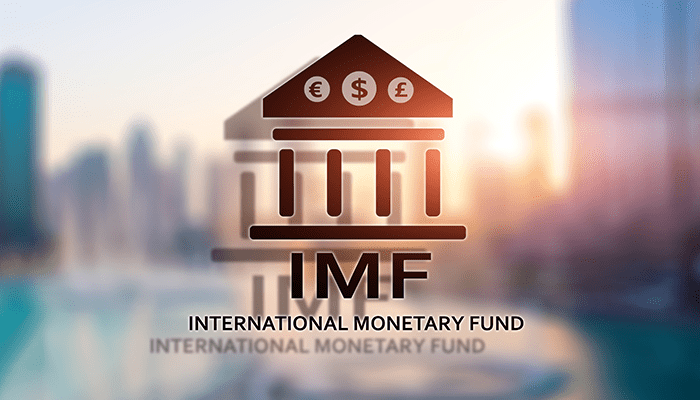Earlier this week we wrote that the International Monetary Fund (IMF) has a very gloomy attitude about the global economy. But according to a director of the institute, there is also a bright side, because he states that the declines in cryptocurrencies have not had a major impact on the economy.
Crypto crash not a problem for the economy
Vice Director of Global Markets at the IMF, Antonio Garcia Pascual, stated in an interview with CoinDesk that the losses have been limited to the world of crypto assets. The declines may have been deep, but he sees that there has been no ‘contamination’ from crypto to other markets. If that had been the case, it could ultimately have had major consequences for the economy outside the financial world.
However, he thinks it is important to remain cautious. More and more people are investing in cryptocurrencies. Rapid adoption is particularly evident in emerging markets. There, the grim outlook for the global economy, high debt and robust inflation have had the greatest impact. Pascual fears that it is possible that the next crypto crash will lead to greater consequences for the economy.
Plenty of other economic risks
The debate about whether or not the pain in crypto markets would affect the rest of the economy is more important than you may think. Research shows that the Netherlands alone is home to almost 2 million crypto investors. That is a hefty 14% of the population.
The interview followed the unveiling of the new IMF report on the economy. The institute foresees major risks for the economy. According to the organization, there is still a lot of uncertainty about inflation, the war in Ukraine, the enormous Chinese housing bubble, central banks that want to reduce inflation and more.
Another IMF chief stated that there are still many dangers for stablecoins. Many of these tokens would still be very vulnerable because they are backed by risky assets instead of fiat currency. The head specifically mentioned Tethers USDT, but there would be more. However, there are tokens that would be relatively safe. All in all, according to the IMF, it remains to be careful.

